Have you ever felt like you’re constantly running on empty, trying to juggle the demanding nature of construction work with your personal life? What if there was a way to balance your hard work on the job with relaxation and self-care to reduce burnout and improve your overall well-being? As a construction worker, it’s easy to get caught up in the pressures of long hours and physically demanding tasks, but there are effective strategies to help you manage stress and keep burnout at bay.
The Importance of Balancing Work and Life in the Construction Industry
Construction work is both physically and mentally demanding. With long hours, tight deadlines, and the physical strain of manual labor, it’s no surprise that many construction workers struggle to maintain a healthy work-life balance. Over time, the pressure can take a toll, leading to burnout, stress, and even physical health issues.
Balancing work and life as a construction worker is not just about maintaining a stable schedule; it’s about finding ways to manage the inherent stress of the job while still having time to focus on your personal life, health, and well-being. But how can construction workers effectively reduce burnout and create a healthier balance?
In this article, we’ll explore practical tips and strategies for balancing your work commitments with personal time, ensuring that you not only succeed on the job but also stay mentally and physically healthy. By implementing these strategies, you can create a sustainable work-life balance that enhances both your career and quality of life.
The Challenges of Work-Life Balance for Construction Workers
The construction industry is notorious for its demanding work schedule. Whether you’re working on large infrastructure projects or smaller residential builds, the long hours, physical labor, and ever-changing deadlines can take their toll. Here are a few key challenges construction workers face when trying to balance work and life:
1. Long Hours and Irregular Shifts
In construction, workdays are often long and can extend into evenings or weekends. Irregular shifts and the need to meet tight deadlines can disrupt personal time, leaving little room for relaxation or family commitments.
2. Physical Demands
Construction work involves strenuous physical activity that can leave workers feeling exhausted at the end of the day. The physical strain makes it difficult to feel energized for personal activities or family time.
3. Job Uncertainty
The construction industry is often project-based, with workers facing periods of unemployment between contracts or projects. The uncertainty of job security can add financial stress, making it harder to focus on personal life.
4. Lack of Mental Health Support
Mental health is often overlooked in the construction industry, despite the high levels of stress and pressure workers face. Lack of support for mental health issues can lead to burnout, fatigue, and emotional exhaustion.
5. Safety Concerns and Stress
The potential for workplace injuries adds an extra layer of stress for construction workers. Constant concern for safety and the physical risks associated with the job can cause mental fatigue and contribute to burnout.
Tips for Balancing Work and Life as a Construction Worker
It’s crucial for construction workers to find effective ways to manage the demands of their profession while ensuring they take care of their mental and physical health. Here are several actionable strategies to help reduce burnout and improve your work-life balance:
1. Establish Clear Boundaries Between Work and Personal Life
One of the most important steps in achieving a healthy work-life balance is setting clear boundaries between your professional and personal time. Here’s how you can do it:
- Set a specific work schedule: Whenever possible, try to maintain consistent working hours. When the workday ends, make it a habit to disconnect and focus on your personal life.
- Limit overtime: While overtime may sometimes be necessary, try to avoid consistently working extra hours. Set limits on how much additional work you’ll take on to prevent burnout.
- Designate personal time: Make sure to set aside time each day or week to focus on activities that bring you joy and relaxation, such as spending time with family, hobbies, or rest.
2. Prioritize Rest and Recovery
Given the physical demands of construction work, it’s crucial to allow your body enough time to rest and recover:
- Take regular breaks: During the workday, take short breaks to rest your muscles and recharge. These breaks help you stay focused and productive while preventing fatigue from building up.
- Get quality sleep: Prioritize getting 7-9 hours of sleep each night to help your body recover and maintain energy throughout the day. Lack of sleep can increase stress and impair your physical and mental health.
- Practice recovery techniques: Stretching, yoga, or using foam rollers can help release tension in your muscles and improve flexibility, reducing the physical strain caused by long hours on the job.
3. Incorporate Stress-Relief Activities
Managing stress is key to maintaining a work-life balance and preventing burnout. Here are a few strategies to incorporate into your routine:
- Exercise regularly: Regular physical activity helps reduce stress, improve mood, and increase energy levels. Whether it’s a daily walk or a gym session, exercise helps release endorphins, your body’s natural stress relievers.
- Practice mindfulness or meditation: Taking a few minutes each day to practice mindfulness or meditation can help clear your mind, reduce stress, and improve mental clarity.
- Engage in relaxation activities: After work, take time to relax and unwind by doing something you enjoy, such as reading, listening to music, or watching a movie. Activities like these help shift your focus away from work-related stress.
4. Use Time Management Techniques
Effective time management is essential for balancing work and life:
- Plan your day: Make a to-do list each day, outlining your tasks and prioritizing them. Efficiently managing your time at work will help you stay on track and avoid unnecessary stress.
- Set realistic goals: Set achievable, realistic goals for both work and personal life. Overcommitting to too many tasks can cause frustration and burnout.
- Delegate when possible: Don’t be afraid to delegate tasks to others if you’re feeling overwhelmed. Delegation allows you to focus on the most important tasks and prevents you from burning out.
5. Seek Support and Mental Health Resources
The construction industry must start prioritizing mental health to combat stress and burnout. Here’s how to seek support:
- Talk to your supervisor or HR: Open communication with your employer about mental health challenges can lead to support, such as workload adjustments or time off for mental recovery.
- Access employee assistance programs (EAPs): Many construction companies offer EAPs that provide confidential counseling and support services to help workers cope with stress and other mental health issues.
- Join a support group: Find support through online or in-person groups where you can connect with other workers facing similar challenges. Sharing experiences and advice can help you feel less isolated.
6. Maintain Healthy Nutrition
A balanced diet plays a significant role in managing stress and maintaining energy levels:
- Eat a nutritious diet: Prioritize fruits, vegetables, whole grains, and lean proteins to fuel your body and brain. A well-balanced diet helps improve focus and reduces stress.
- Stay hydrated: Drink plenty of water throughout the day. Dehydration can lead to fatigue and irritability, increasing stress.
- Limit alcohol and caffeine: While alcohol and caffeine may provide temporary relief from stress, they can increase anxiety and disrupt sleep. Moderation is key.
Achieving Balance for a Healthier, More Productive Career
Balancing work and life as a construction worker is crucial for reducing stress and preventing burnout. By taking proactive steps to manage stress, prioritize rest, and seek support, you can maintain a healthier lifestyle while still excelling in your career. A good work-life balance not only helps improve mental and physical health but also enhances productivity and job satisfaction.
Construction work is demanding, but with the right strategies in place, it’s possible to reduce burnout, stay energized, and lead a fulfilling, balanced life. Don’t wait until stress takes its toll—start implementing these tips today and enjoy a more sustainable, rewarding career in the construction industry.




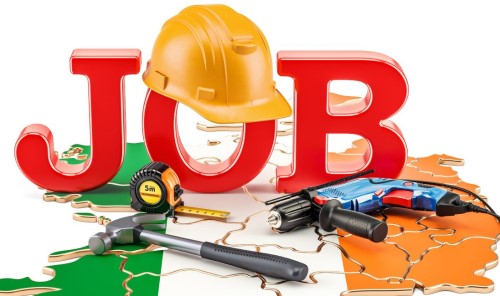
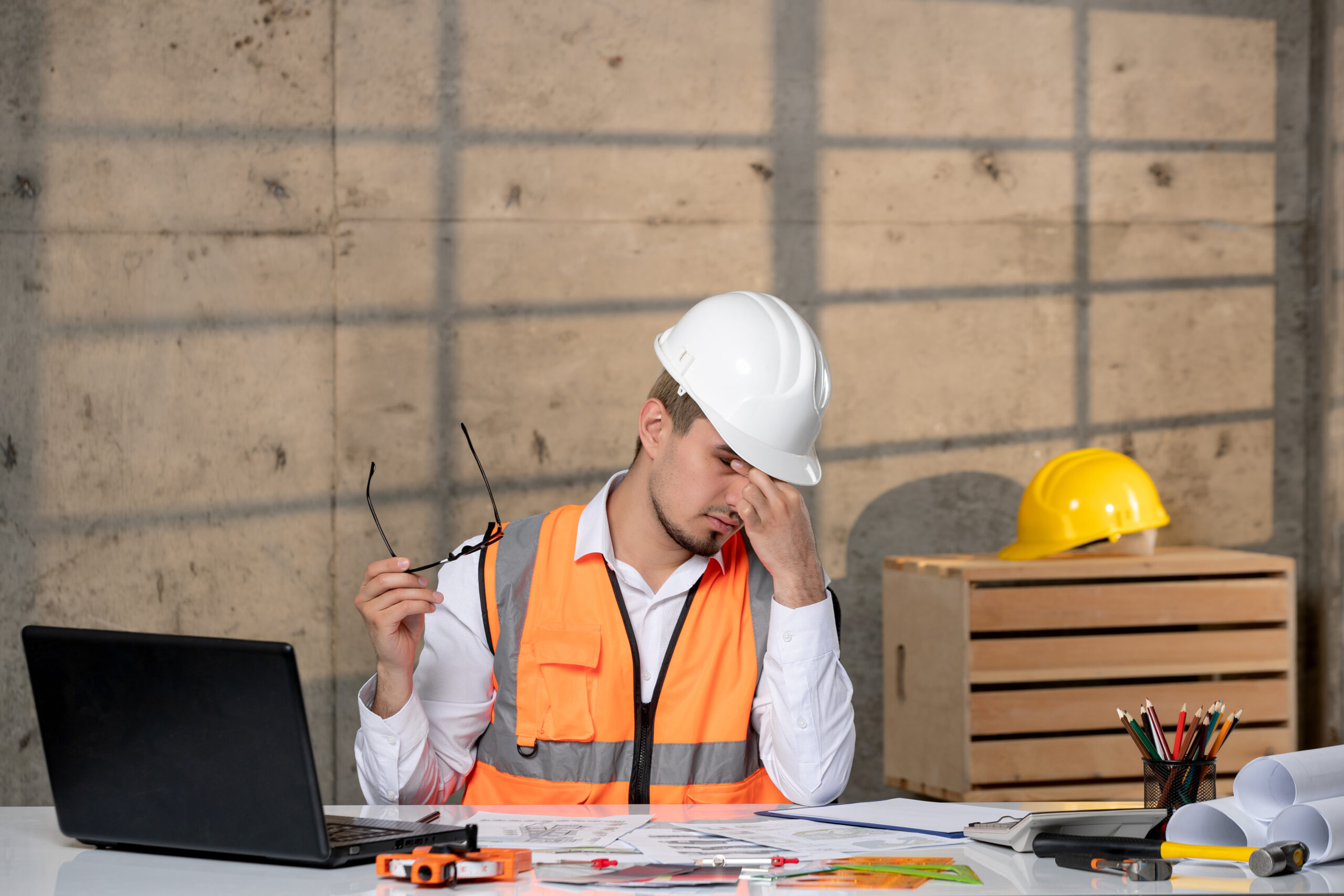

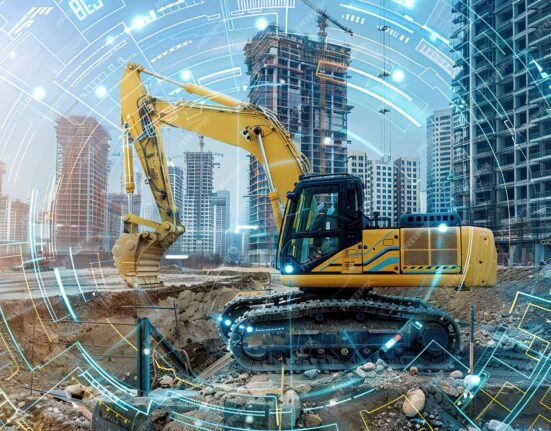
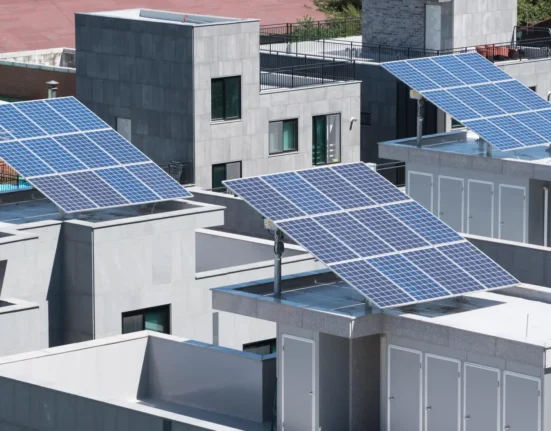
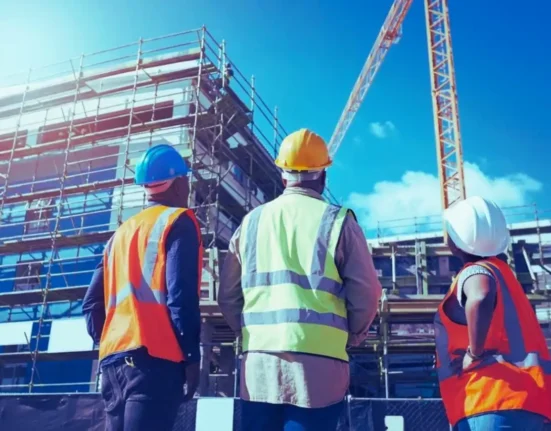


Leave feedback about this